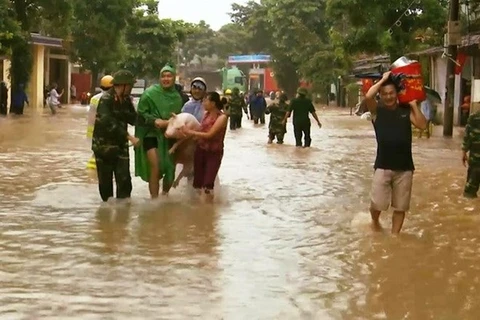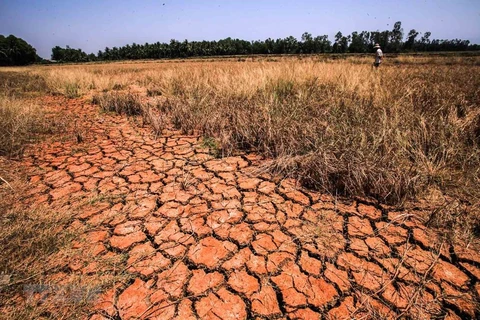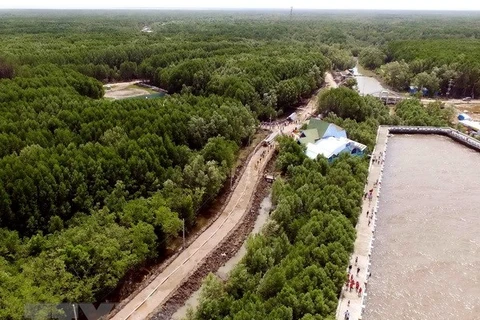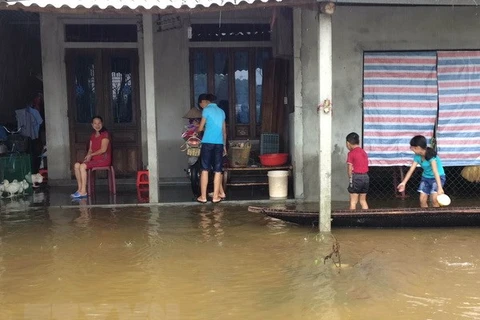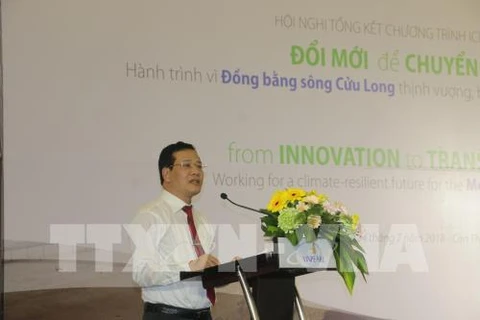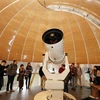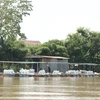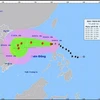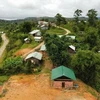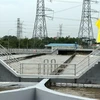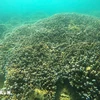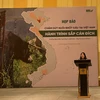Tien Giang (VNS/VNA) - Experts have urged authorities in the Mekong Delta region to use cutting-edge technologies to restructure the agricultural sector in the face of climate change.
Speaking at a conference held in Tien Giang province late last week, Dr. Nguyen Van Sanh of the Institute for Research and Development of the Mekong Delta at Can Tho University, said the agricultural sector was facing challenges due to degradation of natural resources and land, mostly caused by climate change.
Major agricultural products in the region such as fisheries, fruit and rice face severe competition in both local and foreign markets.
Sanh said that biotechnology, new production techniques and hi-tech applications as well as new state policies to promote sustainable agriculture were all needed to restructure the agricultural sector.
He proposed setting up a network of scientists in the field to promote the implementation of a 2017 Government resolution on sustainable development of the Mekong Delta and a separate Government decision on agricultural restructuring.
He recommended setting up a regional information and data centre in the Mekong Delta to facilitate the operation of the network.
He said it was essential to ensure water security in response to climate change, and to help agricultural enterprises improve their value chains.
Dr. Nguyen Van Tuan, Director of the Institute of Policy and Strategy for Agriculture and Rural Development, recommended that the Government develop incentives so that companies would invest in and use hi-tech in agricultural development.
He said the Government should increase public investment but also encourage private investment in the field, including easy access to credit for research, application and transfer of science and technology in agriculture.
Huynh Van Thon, chairman and general director of Loc Troi JSC in An Giang province, said it was important to apply hi-tech in building value chains for efficient rice production.
He said that Loc Troi had applied high-tech, sustainable rice cultivation and production methods, including application of microbiological technology to decompose straw after harvest to make fertiliser.
Advanced alternate watering technology had also helped reduce irrigation costs as well as reduced greenhouse gas emissions, he said.
Dr. Nguyen Van Hoa, Director of the Southern Fruit Institute, said that major achievements had been made in developing high-quality fruit tree varieties.
The institute has transferred many science and technology advances in plant cultivation and protection, and post-harvest technologies, to enterprises. Many of the new plant varieties recommended by the institute have helped farmers produce more effectively, including red dragon fruit LD91, purple dragon fruit LD95 and seedless orange LD 6 varieties.
Minister of Science and Technology Chu Ngoc Anh said it was of paramount importance to restructure agricultural production and apply science and technology to develop key agricultural products in response to climate change.
Key agricultural products must be of high quality and meet international standards, he said.
The conference, organised by the Ministries of Science and Technology and Agriculture and Rural Development, was attended by scientists and representatives from institutes, schools and businesses.-VNS/VNA
VNA

